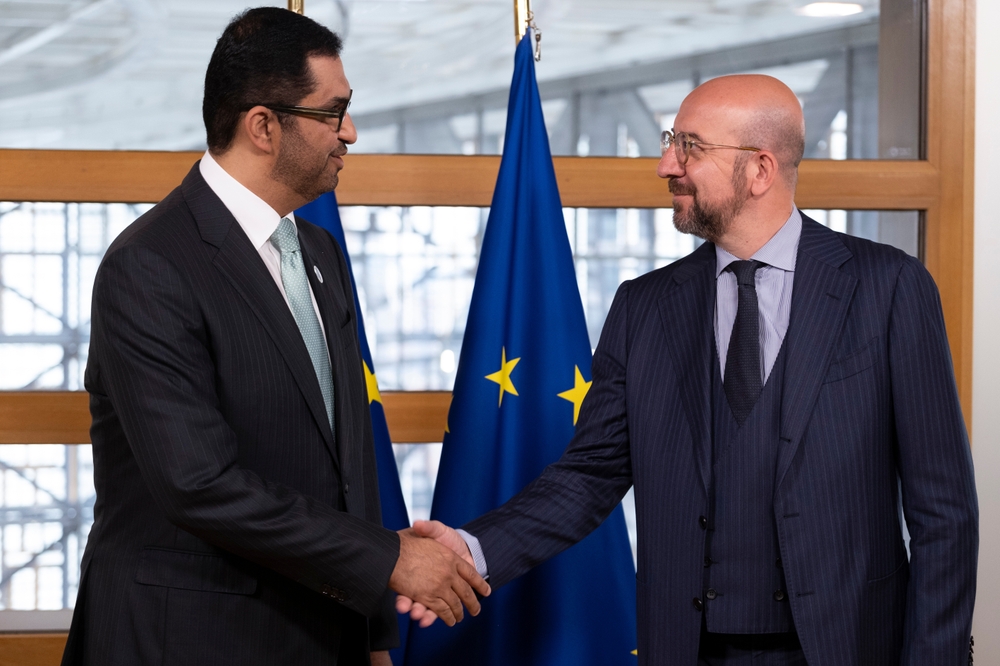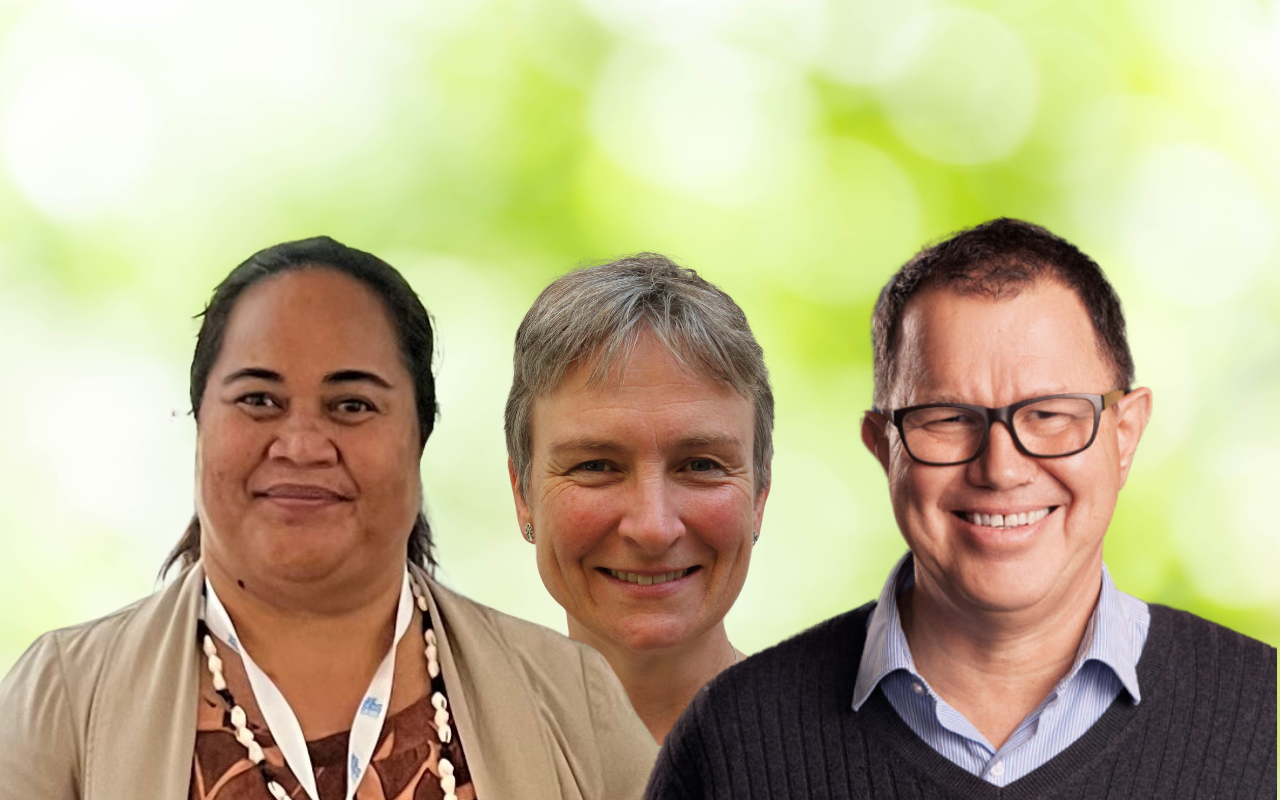COP28 was a milestone for climate change and health advocacy, but there is still much to be done, with more urgency.
The 28th Conference of the Parties to the United Nations (UN) Framework Convention on Climate Change (COP28) took place in Dubai in December 2023.
COP28 was controversial because the president of the conference Sultan Al Jaber is also the CEO of the Abu Dhabi National Oil Company. More than 2000 lobbyists working on behalf of the fossil fuel lobby industry attended the conference.
The main agenda for this COP was the first “global stocktake” of progress since the Paris Agreement in 2015. The process underlined the urgent need for accelerated action if the Paris Agreement targets are to be met.
For the first time, fossil fuels are called out in the outcome document. UN Climate Change Executive Secretary Simon Stiell said it signalled the beginning of the end of the fossil fuel era.
However, the language of “transitioning away from fossil fuels in energy systems” was much weaker than many COP delegates had wanted. Anne Rasmussen, who was lead negotiator for the Alliance of Small Island States (AOSIS), emphasised that it did little to advance the key actions needed to deliver justice to islands and low lying states facing the gravest consequences of the climate crisis.

First Health Day
COP28 was notable because it included the first ever Health Day at a UN climate change conference and the first ever climate health ministerial meeting, attended by 49 Health Ministers.
Since COP1 in 1995, the World Health Organization (WHO) has been working with successive COP presidencies to bring health to the foreground in climate change negotiations.
The COP28 Health Day focused on topics including evidence about impacts of climate change on human health, promoting health arguments for climate action including health cobenefits from mitigation, and the need to strengthen climate resilience of health systems.
The COP28 UAE Declaration on Climate and Health was endorsed by more than 120 countries. However, the health declaration does not mention fossil fuels at all.
Australia at COP
Although historically recalcitrant on global climate action, Australia’s stance at COP28 was more constructive than at other recent COPs.
Australia’s Assistant Minister for Health and Aged Care, the Hon Ged Kearney MP launched the nation’s first health and climate strategy at the Australian pavilion.
At the launch, participants recalled that Australian environmental epidemiologist Tony McMichael was a pioneer on climate change and health internationally.
During his time as professor of epidemiology at the London School of Hygiene and Tropical Medicine (1994–2001), McMichael actively supported WHO efforts to argue for attention to human health in UN climate negotiations.
Achieving a climate and health declaration at COP28 is a tribute to the dogged efforts of legions of public health advocates inspired by McMichael’s efforts.
Monash University (where McMichael was the first PhD student in epidemiology in 1968) had a pavilion at COP28.
Among a full program, we partnered with the WHO Western Pacific Regional Office to host a panel discussion on climate change and health challenges in Pacific Island Countries, headlined by Fiji’s Minister for Health and Medical Services, Dr Ratu Atonio Lalabalavu.
Tuvalu and other Pacific Island countries on the frontline of climate change
Tuvalu is one of the smallest Pacific island countries, with a population of about 11 000 people and a land area of about 25 km2.
The health care system in Tuvalu comprises Princess Margaret Hospital and 12 clinics, mostly manned by senior nurses.
Tuvalu is among the most vulnerable countries to climate change. Since 1950, annual mean maximum temperatures in the capital Funafuti have increased by about 0.2oC a decade, and satellite data indicate that sea level near Tuvalu is rising by about 5 mm each year.
At the two-storey Princess Margaret Hospital in Funafuti, any strong wind or cyclone alert automatically triggers the transfer of patients from the ground floor to the first floor, which is usually reserved for administrative office space.
Interruptions to power supply are common, with potential impacts on clinical care and pharmaceutical cold storage capacity.
Rebuilding of damaged health infrastructure is a lengthy process for both technical and financial reasons. There are also limited options for the relocation of health facilities to sites more sheltered from strong winds and tropical cyclone conditions. With Tuvalu facing such direct climate threats, we must all come together to tackle this challenge.
Looking ahead
COP28 was a milestone for climate change and health advocacy, but there is still much to be done, with more urgency.
Notably, the COP28 outcome document does not address the urgent need for a clear plan, with an explicit timetable, to phase out the burning of fossil fuels. This is critical if we are to prevent escalating health harms from climate change.
The Australian community must urgently come together to advance such a plan for our country.
Without concerted global climate change action and local targeted health interventions, climate change will not only threaten the health and wellbeing of people but also the very existence of small island nations.
Alongside guiding principles for climate health financing, $1 billion worth of health and climate was announced at COP28. While this is clearly welcome, there is a pressing need for more coordinated, and more efficient, health and climate financing processes.
Access to global and regional funding mechanisms is crucial to support countries’ climate change adaptation and mitigation policies and strategies, including achieving health co-benefits.
COP29 will take place in Baku, Azerbaijan in November this year and, for the second year in a row, the president of the conference has ties to the fossil fuel industry.
One current barrier to action on climate change and health is a lack of capability among health systems and health policy organisations. Health workers have not had the opportunity to do appropriate training.
Health sectors, in both Australia and overseas, now need to rapidly catch up with other sectors that have been more engaged with climate action.
The WHO Alliance for Transformative Action on Climate and Health (ATACH) is one effort to build global capacity. Universities and multilateral development banks are scaling up their climate and health programs too.
It’s high time everyone involved in Australian health care, including physicians, administrators, and health planners, stepped up.
Tony Capon FAFPHM directs the Monash Sustainable Development Institute. He is a public health physician, a member of the MJA Editorial Advisory Group, and a member of the Expert Advisory Committee for the Climate and Health Alliance.
Angie Bone FAFPHM is a public health physician and Associate Professor of Practice in Planetary Health at Monash Sustainable Development Institute in Melbourne. She is a member of Doctors for the Environment Australia and the Public Health Association of Australia.
Lily Tangisia Faavae is the Permanent Secretary at the Ministry of Health, Social Welfare and Gender Affairs in Tuvalu.
The statements or opinions expressed in this article reflect the views of the authors and do not necessarily represent the official policy of the AMA, the MJA or InSight+ unless so stated.
Subscribe to the free InSight+ weekly newsletter here. It is available to all readers, not just registered medical practitioners.
If you would like to submit an article for consideration, send a Word version to mjainsight-editor@ampco.com.au.

 more_vert
more_vert
The Cop28 health day, with the release of Australia’s National Health and Climate Strategy was a significant step forward and signals the health sectors increased activity in this space. Also want to acknowledge the Pacific nations who were so eloquent and steadfast in their powerful call for meaningful climate action.
It is such a travesty that the fossil fuel lobby continues to hijack the COPs and that their interests still somehow are allows to be more important than human and planetary health.
Thanks for this insightful article Tony, Lily and Angie.